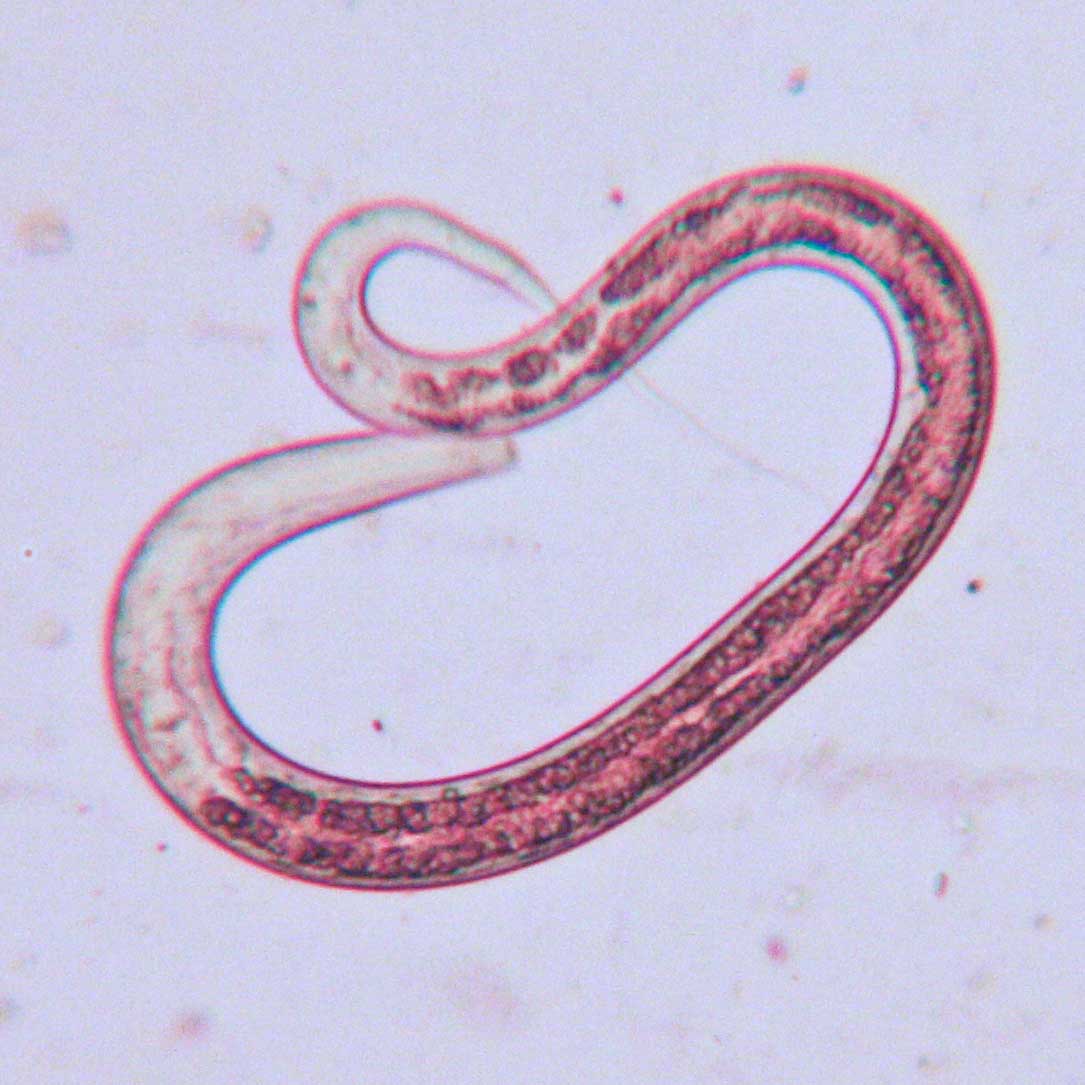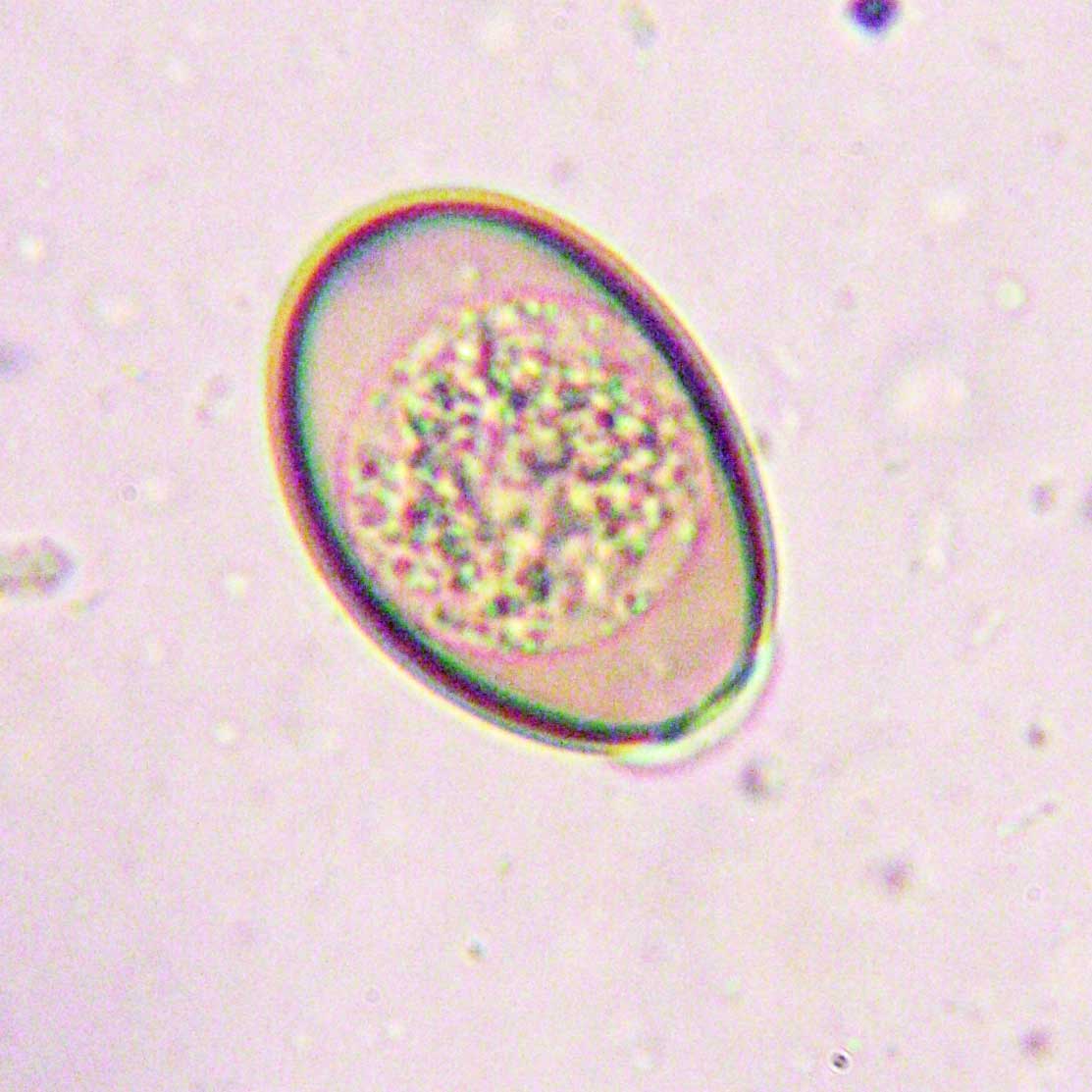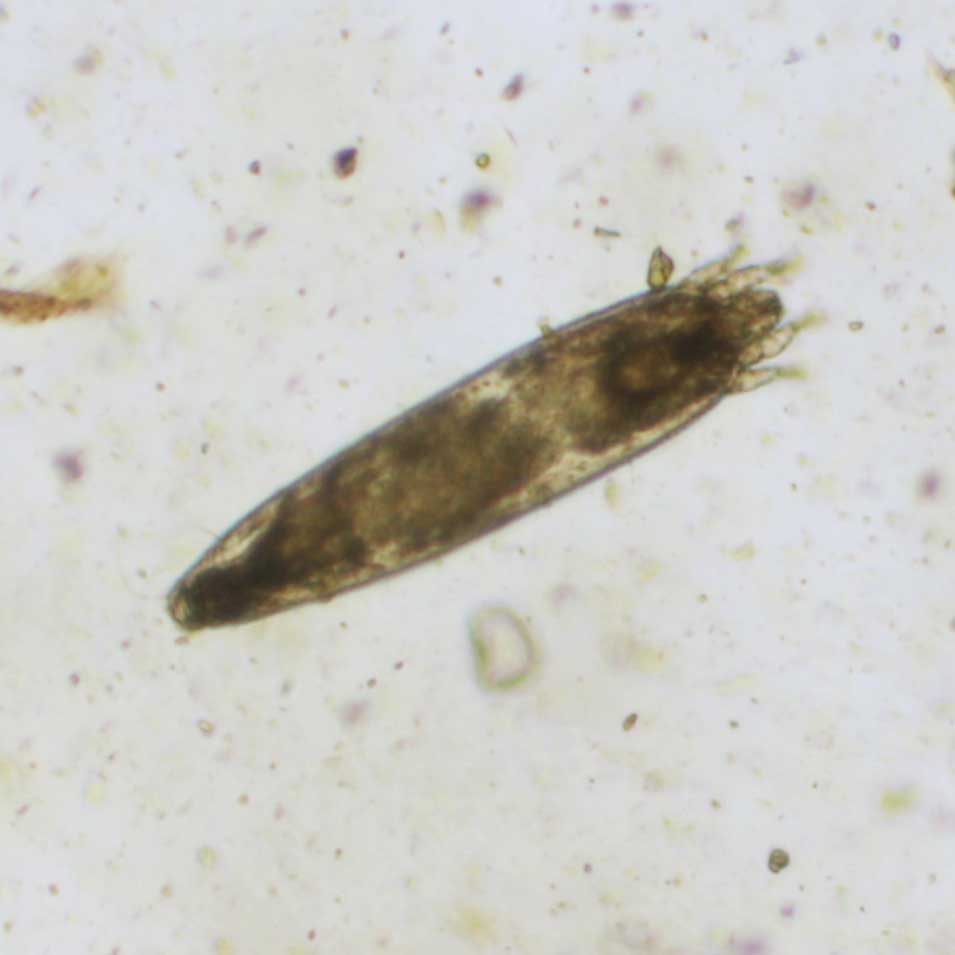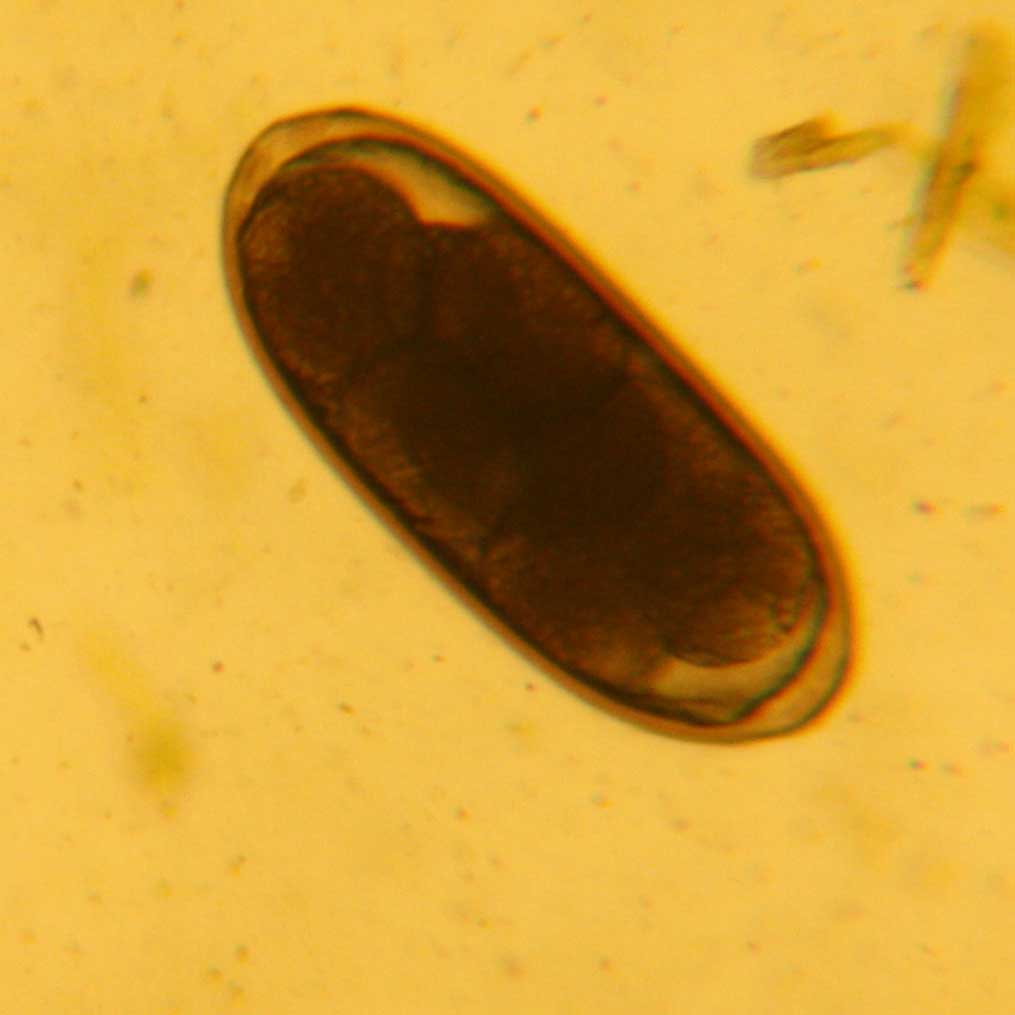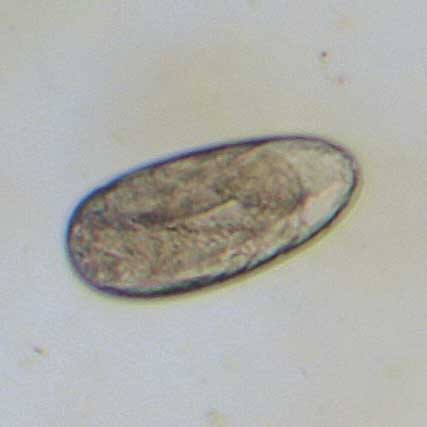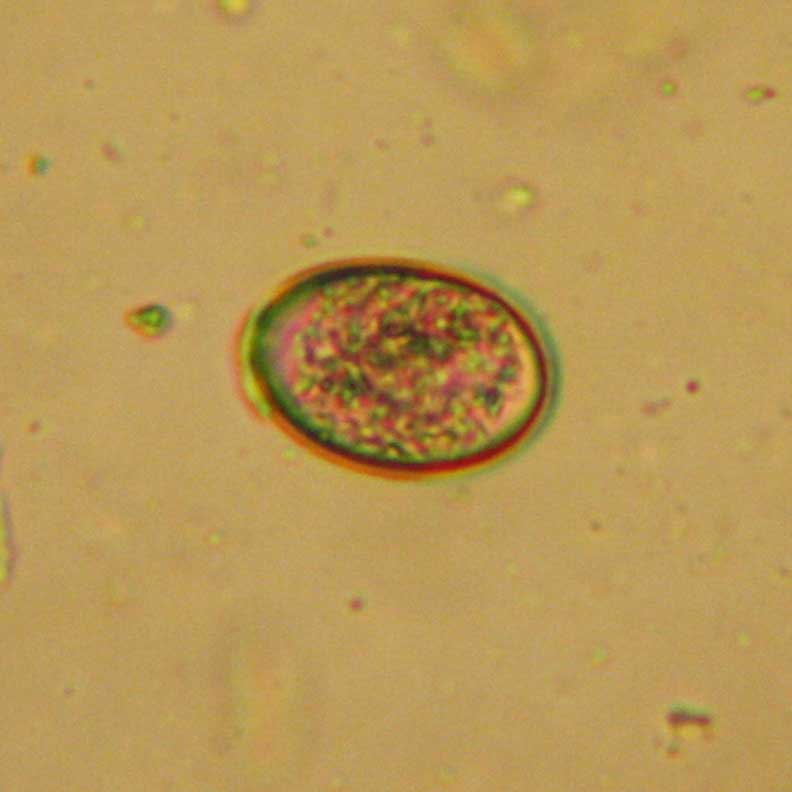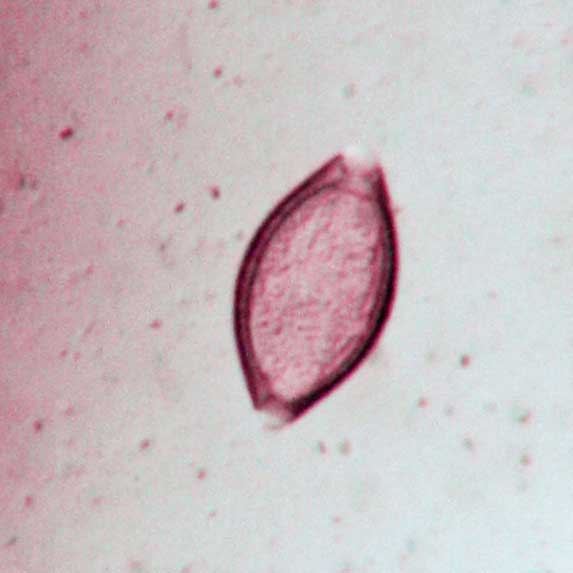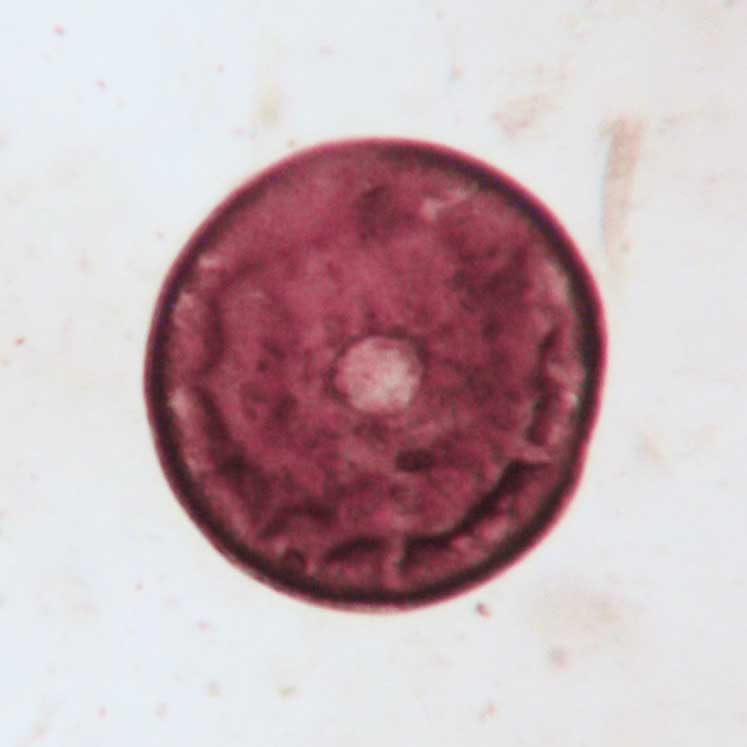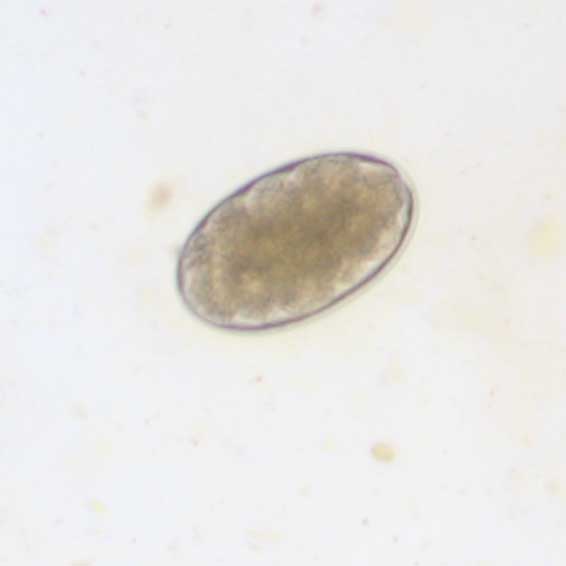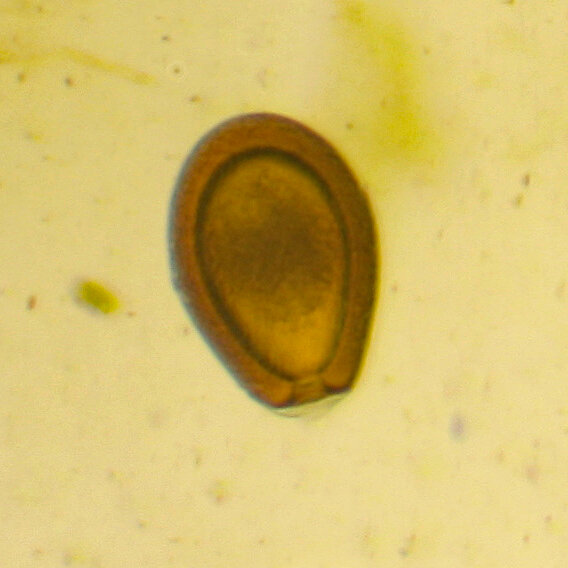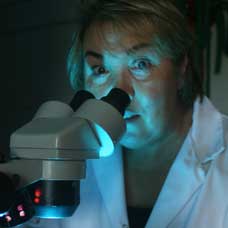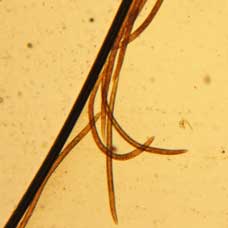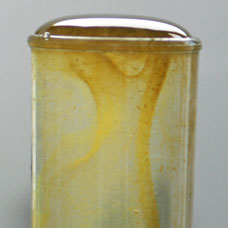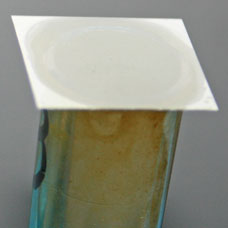Sample analysis
The lab is now open ready to analyse your camelid and grazing animal samples!
Click here for your downloadable pdf packing form to complete & send with your samples.
If you would like to understand how to collect samples from your herd and send to my lab for analysis, details are below. From sample receipt to feedback report takes only one day, and you’ll receive a detailed emailed report, highlighting all gut parasites present with protocols going forward.
Feel free to contact me by with any questions alpacalady@live.co.uk
Remember, if you don’t know the parasites lurking within your herd, you don’t know how to treat them!
Fast, gold standard, (Modified Stoll’s) testing for internal gut parasites (worms, coccidia & fluke)
It is helpful when keeping healthy alpacas to be aware of parasite levels within the herd. It is particularly important to assess the parasite status of any new alpacas being given access to your fields and pasture. With this in mind, I am delighted to offer alpaca faecal analysis service, using 'gold standard' techniques prescribed for alpaca material.
The Modified Stoll’s test is the most sensitive test available for analysis of camelid samples. The test uses a flotation solution with a high specific gravity and requires double centrifugation to separate very fine particles in solution. This requires equipment you may not have on your farm.The Modified Stoll’s test is a very effective quantitative test for capturing low levels of worm eggs and coocidial oocysts which can be damaging even in small numbers.
If you don't know what's there, you can't begin to treat it!
How to collect a sample for analysis.
Take a fresh sample from the ground immediately after voiding. You will need about 5g of faeces (about 5 adult pellets) if you require the main test (for worms and coccidia) or twice as much if you also require a liver fluke test.
Collect in a plastic pot, or strong, small polythene bag which must be sealed. Double bag into a second ziploc or sealable plastic bag. On the bag clearly identify the alpaca with a name or tag number.
Download the ‘Samples Packing Form’ PDF link below, complete all details and add to the package for posting.
CLICK HERE FOR DOWNLOADABLE PDF PACKING FORM TO COMPLETE AND SEND WITH YOUR SAMPLES
Pooled samples from a number of alpacas can be combined for analysis to reduce costs, but please make this clear on the form.
Wrap the pots or sample bags with absorbent paper or kitchen roll to prevent any leakage soiling the packaging.
Put all of the samples into an outer strong padded envelope or box and use this DOWNLOADABLE ADDRESS LABEL for your package. It is very important that the outer packing, ideally a small box is strong enough to withstand the knocks encountered during posting.
POST ‘SPECIAL DELIVERY’ AS THIS ENSURES PRIORITY DELIVERY. Please email in advance to let me know your samples are on their way.
BEWARE
If you don’t know which alpaca donated the sample you won’t know who to treat!
POSTING THE SAMPLES
Post, 1st class to Sue Thomas. Ware Barn, Ware Lane, Lyme Regis, Devon DT7 3RH
COSTS
Number of samples Price/sample (no VAT)
1 to 4 £20
5 to 10 £18
11 to 19 £16
20 plus £14
Please note, VAT is not applicable.
Payment is welcomed by credit or debit card on receipt of emailed invoice.
TIPS - To get the best information from testing.
Try to avoid pooled samples.
It is recommended that you benchmark at least 10% of your herd. If you have less than 10 alpacas, then test them all.
If you are concerned about particular alpaca because they have lost weight, are generally unthrifty of lagging behind the herd, then test that alpaca first.
Younger alpacas are more likely to have higher counts that older animals so choose weaned cria and alpaca up to two years of age to test first.
If you want to have a number of samples, try to collect them on the same day and post them on that day. Whilst you can refrigerate a sample for a day, fresher samples yield more reliable results.
Haemonchus contortus or Barber’s Pole Worm
The Barbers Pole Worm (Haemonchus contortus) is thrives in warm wet weather conditions. As a tropical worm in evolutionary terms, it's loving the heavy rain followed by prolonged sunshine. Development from the egg to infective larvae can take as little as a week in perfect conditions. Once eaten, the infective larvae settle in the C3 stomach compartment feeding on the rich blood lining. They mature from ‘teenagers’ to sexually mature adults, reproduce, and begin to lay eggs. Their inherent success is derived from this accelerated life cycle, alongside the tremendous egg laying capacity of the females who churn out up to 10,000 eggs every day. From the moment the alpaca eats an infective larvae from a blade of grass egg laying can take as little as 21 days. This is why testing is so important.
I have receive numerous faecal samples where testing was a last resort rather than either an immediate response to illness or part of routine husbandry. These cases can end sadly.
Please don’t be complacent if you’ve never had Barber’s Pole in your herd, in can enter with mobile matings, new camelids moving into your herd without appropraite quarantine, agistments, and don’t forget the wildlife corridor of birds and mammals that move freely around the countryside, often feeding on invertebrates which gather around faecal pats.
Liver Fluke
Capturing Liver Fluke eggs is not always possible with the Modified Stoll’s test as the eggs are large and relatively heavier than worm eggs and oocysts. A sedimentation test is required for Liver Fluke testing, this attracts an additional cost of £15 (no VAT) per test and a slightly larger sample. Please contact me if you require this test in addition to the Modified Stoll’s test.
Sample analysis will identify nematode and/or Eimeria present in your alpacas allowing you to formulate a husbandry program in line with the pathogens present. The gallery below illustrates a small number of parasites which may populate the gastro-intestinal tract of camelids, some are harmless, some are not.
Any questions? Contact alpacalady@live.co.uk

